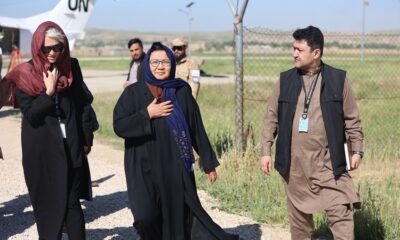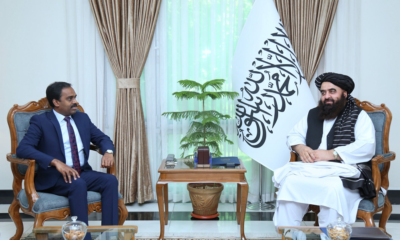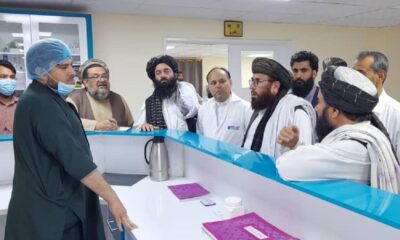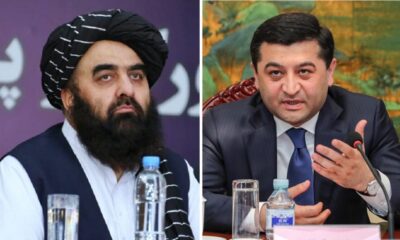Health
Afghanistan’s health minister says health-care should not be politicized
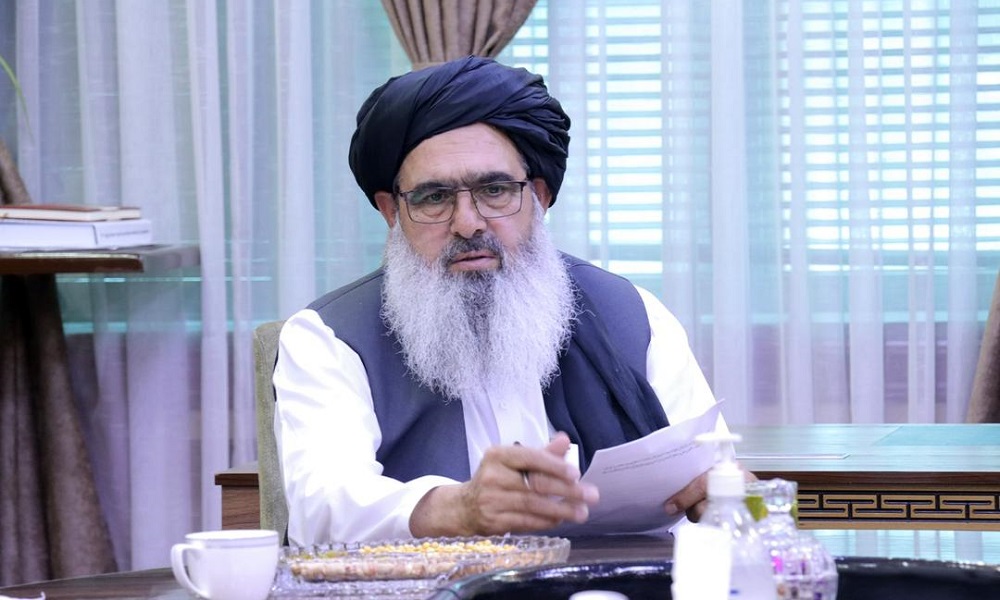
Acting Minister of Public Health, Noor Jalal Jalali, says the issue of health should not be politicized given that Afghanistan has a vulnerable health-care sector and needs international aid.
Addressing a ceremony to mark the opening of a new children’s immunization center, Jalali said the death rate of children in Afghanistan is still high and international organizations should help health officials reduce this rate.
“I mostly say that health and politics should be separated. International partners who claim the rights of mothers and children [should be ensured] should cooperate a lot in the field of health,” said Jalali.
He added that 17 health centers will be built in districts across the country this solar year.
Meanwhile, Deputy Minister for Health Services Abdul Wali Haqqani also spoke at the event and said about two million children have not yet been vaccinated.
According to him, 900,000 children will receive vaccines over the next 18 months.
A representative of UNICEF also stressed the need for the complete eradication of polio in Afghanistan.
“Afghanistan is one of the countries where polio cases still exist. Therefore, this program is an opportunity to reach out to children who have missed vaccination [campaigns], and we strive to protect these children and expand this program to the highest level in the future,” said the UNICEF representative.
According to official data, between four and five million children benefit from the polio program every year.
The World Health Organization (WHO) recently confirmed 18 new cases of polio infection in the country so far this year, a significant increase from the six cases reported in 2023.
Local healthcare workers say these numbers could be higher as many cases will not yet have been detected.
Health
Afghanistan’s deputy health minister visits Nimroz border, assesses healthcare for returning refugees
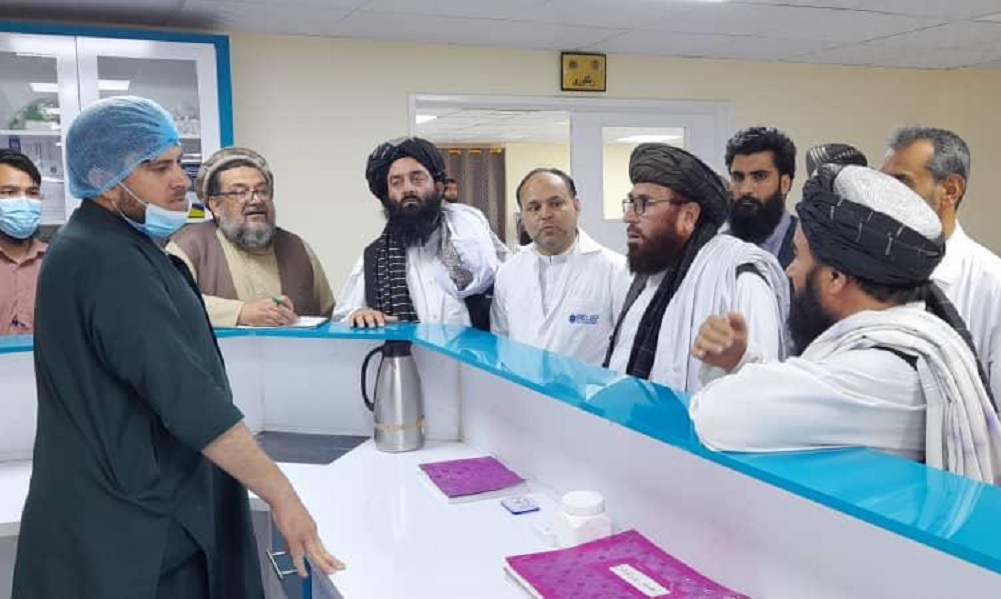
Mawlawi Abdul Wali Haqqani, the Deputy Minister for Health Services of the Ministry of Public Health, has visited the Abrisham Bridge border region in Nimroz province to assess the healthcare situation available to returning refugees from Pakistan.
Haqqani was accompanied by the deputy governor of Nimroz and a technical team.
During the visit, Haqqani and the team assessed the operational efficiency of healthcare facilities in the area.
He made numerous recommendations and directed healthcare officials to uphold the highest standards in terms of treating return refugees.
The technical team meanwhile identified a number of operational challenges, which have been communicated to relevant individuals.
Health
Health services to be expanded urgently for return refugees at Torkham border
Since 1 April at least 44,900 people have returned, with around 58% of them children, according to the UN Refugee Agency (UNHCR).
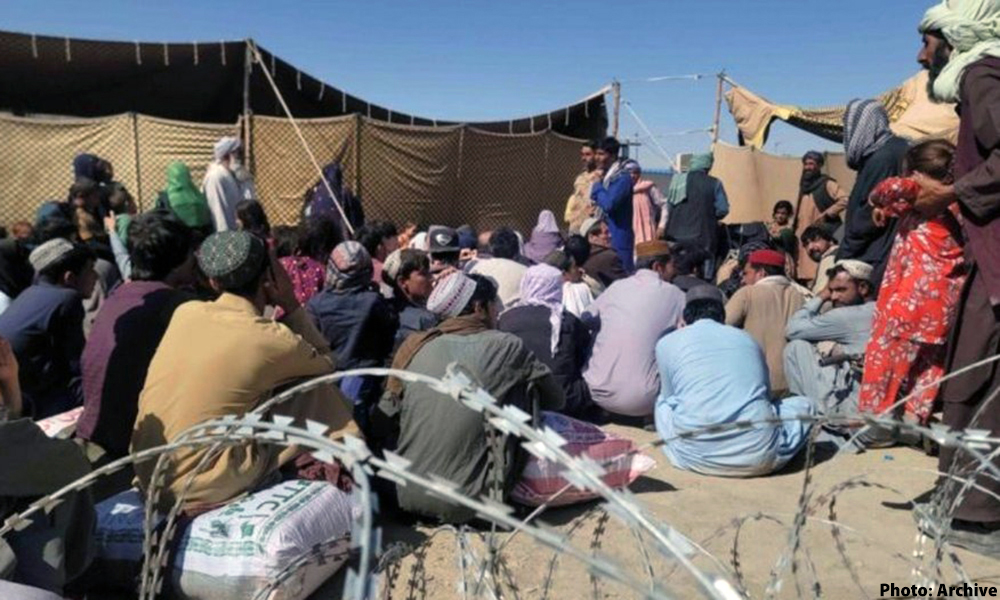
Afghanistan’s health ministry said Tuesday it is expanding health services at Torkham in Nangarhar to cope with the growing number of returning refugees from Pakistan.
According to a statement issued by the ministry, a coordination meeting was recently held to discuss the expansion of health services.
The meeting was chaired by Mawlawi Aminullah Sharif, Director of Public Health in Nangarhar Province, and attended by representatives from various organizations including the World Health Organization (WHO), UNICEF, and other partners.
The meeting focused on improving emergency preparedness and response, enhancing healthcare support for returnees, and addressing current operational challenges, the statement read.
Officials emphasized the urgent need to strengthen health service delivery in response to the growing number of returning citizens.
As a key outcome, participants agreed to increase the number of health facilities and medical staff at the border. This decision aims to ensure timely access to medical care for all returnees and to better manage the health-related pressures caused by the ongoing influx.
Tens of thousands of Afghans are facing dire conditions in makeshift camps after crossing the border from Pakistan, an Islamic Relief assessment team reported on Monday.
“Many are arriving in Afghanistan without any shelter, food, cash or water, and families told us they had to leave all their possessions – including animals and household utensils – behind as they cannot afford to bring them,” Islamic Relief said in the report.
Ramin Sadat from Islamic Relief was part of an assessment team at the Torkham border crossing in eastern Afghanistan. He said this new wave of returning refugees “is unlike anything I’ve seen before. People arrive in droves, covered in dust, crammed onto trucks, and facing a barren border with no basic services in sight. The first thing that greets them is a harsh, windy storm swirling with dust.”
Tens of thousands of families are expected to arrive in the coming days and months, in the wake of the Pakistan government’s announcement that all undocumented individuals and holders of Afghan Citizen Cards (ACC) must leave the country by 31 March 2025 or face deportation.
Since 1 April at least 44,900 people have returned, with around 58% of them children, according to the UN Refugee Agency (UNHCR).
Health
Aid cuts could leave more women dying in pregnancy and birth, UN says
The cuts have had “pandemic-like effects” on health systems globally and could have a “more structural, deep-seated effect”, says WHO director
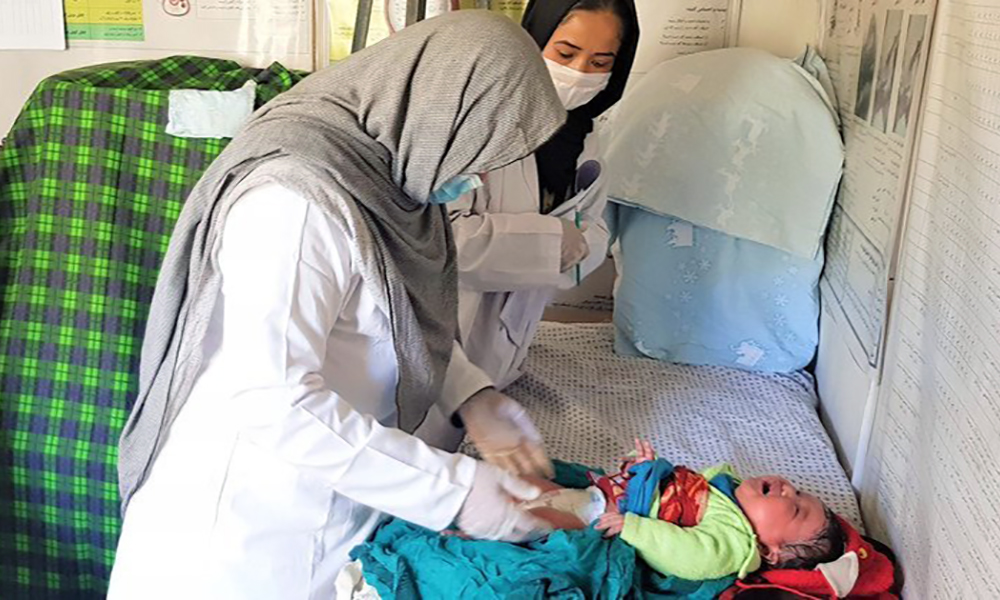
Cuts to aid budgets are threatening to undermine years of progress in reducing the number of women dying during pregnancy and childbirth, and could lead to a rise in deaths, the United Nations has warned.
Globally, there was a 40% decline in maternal deaths between 2000 and 2023, a report by UN agencies including the World Health Organization (WHO) showed on Monday, largely due to better access to essential health services.
That could now go into reverse, the WHO said in a statement accompanying the report which did not mention specific cuts but came in the wake of a foreign aid freeze by the U.S. government and the ending of funding through the United States Agency for International Development (USAID) for many programmes.
Other donor countries including Britain have also announced plans to cut aid budgets.
“One of the headline messages is that the funding cuts risk not only that progress, but we could have a shift backward,” said Dr Bruce Aylward, Assistant Director-General, Universal Health Coverage at the WHO.
The cuts have had “pandemic-like effects” on health systems globally and could have a “more structural, deep-seated effect,” Aylward added.
The WHO said the cuts were already rolling back vital services for maternal, newborn and child health in many countries, reducing staff numbers, closing facilities and disrupting supply chains for supplies including treatments for hemorrhage and pre-eclampsia.
Cuts to other areas, such as malaria and HIV treatment, would also impact maternal survival, the UN said.
Even before the aid cuts led by the United States, things were backsliding in some countries, and progress has slowed globally since 2016, the report said.
In 2023, despite recent progress, a woman still died roughly every two minutes – around 260,000 in total that year – from complications that were mainly preventable and treatable, it added.
The situation was particularly bad in countries affected by conflict or natural disaster, although the U.S. itself is one of only four countries to have seen its maternal mortality rate increase significantly since 2000, alongside Venezuela, the Dominican Republic and Jamaica.
The COVID-19 pandemic also had an impact, the report said: 40,000 more women died due to pregnancy or childbirth in 2021, bringing the total number of deaths that year to 322,000.
“While this report shows glimmers of hope, the data also highlights how dangerous pregnancy still is in much of the world today – despite the fact that solutions exist,” WHO Director-General Tedros Adhanom Ghebreyesus said.
-

 Sport4 days ago
Sport4 days agoSri Lanka A defeats Afghanistan A by 4 wickets in Abu Dhabi
-

 Business4 days ago
Business4 days agoAfghanistan’s growth prospects remain uncertain amid global uncertainty: World Bank report
-
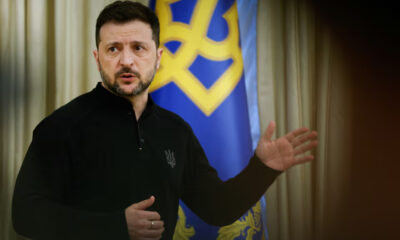
 World5 days ago
World5 days agoUkraine ready to hold talks with Russia once ceasefire in place, Zelenskiy says
-

 Latest News4 days ago
Latest News4 days agoAWCC activates new site in Nangarhar’s Kuz Kunar district
-

 Latest News3 days ago
Latest News3 days agoTarig Ali Bakheet and Japan’s Deputy Foreign Minister discuss Afghanistan’s situation
-

 Climate Change4 days ago
Climate Change4 days agoPowerful earthquake of 6.2 magnitude shakes Istanbul
-

 Business3 days ago
Business3 days agoPakistan’s deputy PM discusses Trans-Afghan Railway Line project with Uzbek FM
-

 Latest News4 days ago
Latest News4 days agoSpecial meeting will be held to launch Afghanistan–Russia joint commission, says Kabulov


